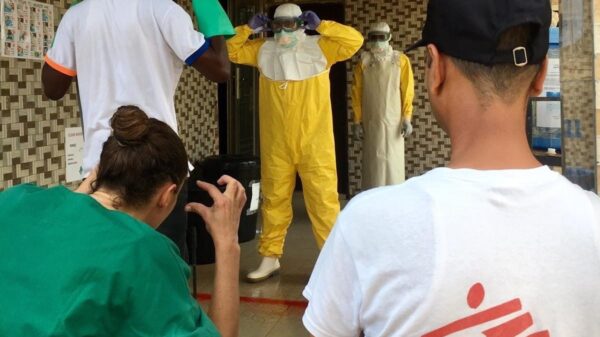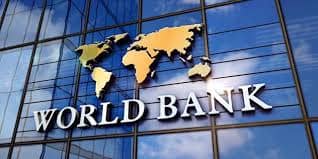Adnan Adams Mohammed
The World Bank has said Ghana’s hyperinflationary trend being experienced by economy since 2022 has heightened food security and poverty levels.
The Bank is alarmed with the rate of increase in prices across all consumer categories, which are significantly impacting the living standards of Ghanaians, especially the poor.
The latest Ghana Economic Update released by the World Bank, last week, took cognizance of how the Ghanaian economy is grappling with a severe inflation crisis that has unleashed devastating consequences on the vulnerable. It further indicated that, the erosion of purchasing power resulting from inflation has led to a decline in living standards for Ghanaian households.
“In 2022, the minimum wage in Ghana saw a 10 percent increase. However, this increase was overshadowed by the staggering inflation rate, causing real incomes of minimum-wage workers to plummet by nearly 44 percent. Consequently, the average purchasing power of these workers declined by 15.7 percent throughout the year”,
The report reveals that 20 percent of the population experienced a significant loss of purchasing power, amounting to 16.1 percent in 2022.
“Surprisingly, the richest 20 percent also suffered a notable decline in purchasing power, losing 15.5 percent. While the wealthy lost more purchasing power in absolute terms, the impact was less burdensome compared to their total expenditure.”
The Economic Update highlights that average prices for all Classification of Individual Consumption According to Purpose (COICOP) categories experienced a stark increase in 2022 compared to the previous year.
While non-food inflation was notably high, at an average of 29 percent in 2022, food prices soared even higher, escalating by an average of 34 percent.
This disparity has disproportionately affected the poor, who allocate a larger share of their budget to food and are thus more severely impacted by the rising prices.
Simulations conducted in the report indicate that approximately 850 thousand Ghanaians were pushed into poverty in 2022 due to the combination of rising prices and the loss of purchasing power.
Furthermore, food security in the country deteriorated considerably. The number of food insecure individuals jumped from 560,000 to 823,000 in the last quarter of 2022.
By the end of the year, one-quarter of the population were classified as food insecure, a trend expected to persist into 2023.
To combat the adverse effects of inflation on food security, the World Bank’s Ghana Economic Update highlighted several policy recommendations.
“The government must prioritize investments in agriculture, including research, development, and technology transfer, to enhance productivity, reduce production costs, and improve food quality and safety. Diversification of income sources, improved connectivity, and market access can help households better cope with shocks and seize opportunities.”
The report additionally emphasised the importance of investing in climate-smart agriculture initiatives.
Furthermore, the Economic Update recommends allocating resources towards developing rural infrastructure, including better roads, irrigation channels, and improved primary education.
To alleviate the immediate impact of high food prices on vulnerable households, the report emphasised the need to enhance social protection programs.




























